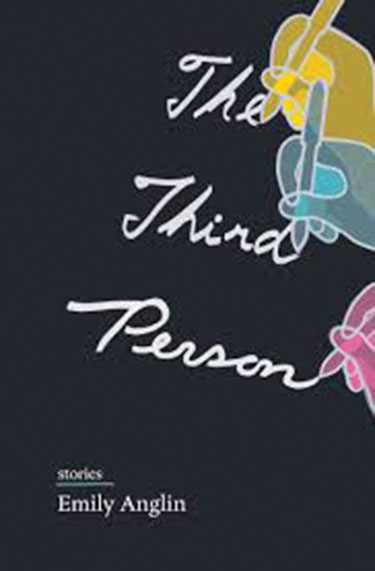
The Third Person
Emily Anglin, 160 pgs, Book*hug, bookthug.ca, $20
We’ve all dealt with routine moments of uncertainty. A new job or residence, or navigating new encounters, both professional and personal. Emily Anglin’s protagonists come into these situations with reserved skepticism; they are careful not to overstep boundaries, but catch glimmers of motives being withheld. Her debut collection of short stories explores this dynamic of the wary choices we make when unveiling ourselves and the search for truth in others.
These reservations are mirrored by the eccentric cast Anglin introduces, who are often cryptic, but expressive, and don’t necessarily lead exchanges to resolve. “I’m afraid if I tell you too literally what’s happening, it will shape how you see me,” says the recurring character of Eilidh. But as suspicion is met, it’s found that the act of hiding is often out of self-preservation, rather than deception — it’s an attempt to build an understanding safely.
Anglin captures the transience of these situations, but also shows the characters uninhibited by their vulnerability. In “Alden,” the desire to live in a smaller town overrides the risk of a questionable job offer. Vera, in “Fortified Wine,” lets an evangelist into a loaned apartment. Their uneasiness isn’t overpowering, instead, it guides them forward.
For the large part, the protagonists hover into an ambiguous adulthood, searching for a better footing. As the narrator of “Eidolon” concludes, “But none of that life had been fake; it had just ended. I was still looking for something to replace it.” And yet, the traces from before never fully go away.
